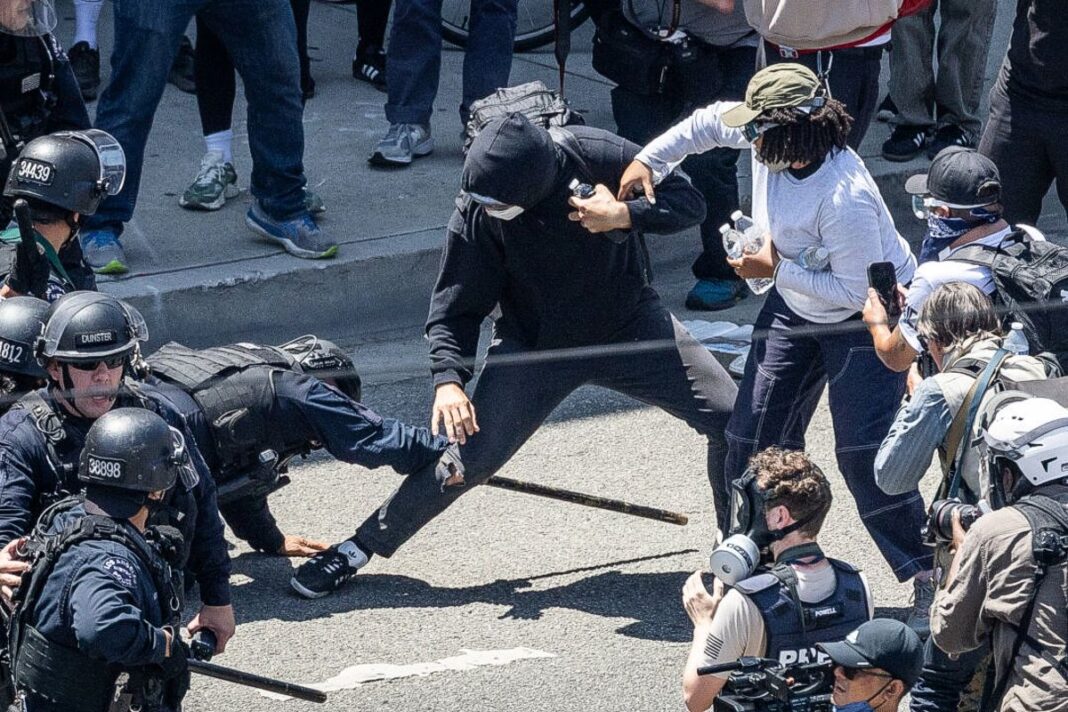The ban, instituted through a presidential proclamation rather than an executive order, went into effect at 12:01 a.m. ET on June 9.
A travel ban signed by President Donald Trump has gone into effect, barring nationals from 12 countries from entering the United States and restricting entry to nationals from seven others.
The ban, instituted through a presidential proclamation rather than an executive order, went into effect at 12:01 a.m. ET on June 9. As a proclamation, it isn’t legally binding but signals a shift in federal policy.
A total of 12 countries face complete bans under the proclamation, including Afghanistan, Chad, Equatorial Guinea, Eritrea, Haiti, Iran, Libya, Burma (also known as Myanmar), the Republic of the Congo, Somalia, Sudan, and Yemen.
People from these nations are barred from entering the U.S. either for immigration or other reasons.
The seven countries that the president partially restricted travel from are Burundi, Cuba, Laos, Sierra Leone, Togo, Turkmenistan, and Venezuela.
Trump suspended the entry of individuals from those seven countries “as immigrants, and as nonimmigrants,” on B-1, B-2, B-1/B-2, F, M, and J visas, according to the directive.
Those who are already in the country from these nations with a valid visa will be permitted to remain.
Trump tied the proclamation to national security and public safety. In a video on social media, Trump linked the new ban to the June 1 terror attack in Boulder, Colorado, saying it underscored the dangers posed by some visitors who overstay visas.
The suspect in that attack, Mohammed Sabry Soliman, was an Egyptian national who overstayed his visa, according to the Department of Homeland Security.
“It is the policy of the United States to protect its citizens from terrorist attacks and other national security or public-safety threats,” Trump’s order reads. “Screening and vetting protocols and procedures associated with visa adjudications and other immigration processes play a critical role in implementing that policy.”
He tied the Afghanistan ban to the Taliban’s current control of the nation, the Iran ban to the Islamic state’s status as a “state sponsor of terrorism” and non-cooperativeness with the United States, and Somalia’s to the nation’s internal terrorism issues.
The proclamation also mentions the significant influx of illegal immigrants from Haiti.
By Joseph Lord







